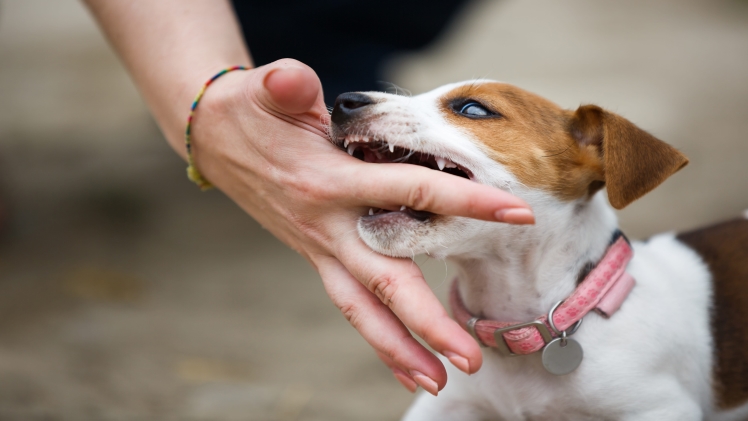Puppies have a natural inclination to engage in biting behavior. It’s an instinctive tendency they exhibit as a result of their bite inhibition. Young canines develop this skill through daily interactions with their littermates, other fur babies, and their mothers.
They receive feedback that indicates when their play becomes too rough, typically through yelps or nips during such interactions. When this happens, playtime pauses momentarily as all the pups in the place take a moment to ensure no pup is harmed, and then play resumes once again.
Puppy owners with a multi-pup household might have already witnessed this behavior. While subtle bites can be ignored, still, there is always a risk of a pupper hurting the rest of the pack through unexpected bites. This is one reason why you should consider being equipped with pet insurance.
Pet health insurance covers a frisky pup’s medical care during accidental injuries, unanticipated illnesses, and medical emergencies, which is why you should contemplate purchasing a policy. Meantime, this article provides top tips to overcome this pesky puppy behavior.
- Substitute your fingers/hand with a soft toy instead. Playthings are far more enjoyable for a puppy to bite, benefiting both you and your pet. By doing so, you convey to your pup what is acceptable to play with and chew, distinguishing it from what should be avoided.
- When engaging in playtime with your pooch, if you experience a bite, make a sound like “Ouch” or firmly say – “No biting.” This sudden reaction will startle the pup and cause it to stop biting. It’s essential to stop playing and allow your hand/limb to go limp.
If your pupper stops biting and instead licks you, provide positive reinforcement by praising them. However, you can resume playtime if the yelping successfully prevents the puppy from biting. Repeat the above steps consistently throughout play sessions to get the point straight to your pup.
- If the previous suggestion doesn’t yield the desired results, promptly move to another room and close the door, leaving the puppy outside. Make sure no other playmates are available for the puppy in that room, as this technique relies on isolation. Wait for a minute or two before rejoining the puppy.
You may find your puppy waiting eagerly outside the door. Greet it cheerfully and resume the game as if nothing happened. Over time, your puppy will start to associate biting with you withdrawing and the absence of playtime. This concept may take several days to sink in, but this simple yet effective method can be quite successful.
- If you discover that your pupper often bites your fingers or particular objects, employing a taste deterrent can be helpful. Before engaging with your fur kid, spray the areas it likely grabs onto with the taste deterrent. The unpleasant taste will discourage it from continuing to bite.
Try different ways to check what works with your poochie. At the same time, consider being equipped with pet insurance so your canine is covered for basic medical care during unanticipated health scenarios and emergencies. Contemplate purchasing pet health insurance so that summoning medical help need not be a significant economic challenge.

